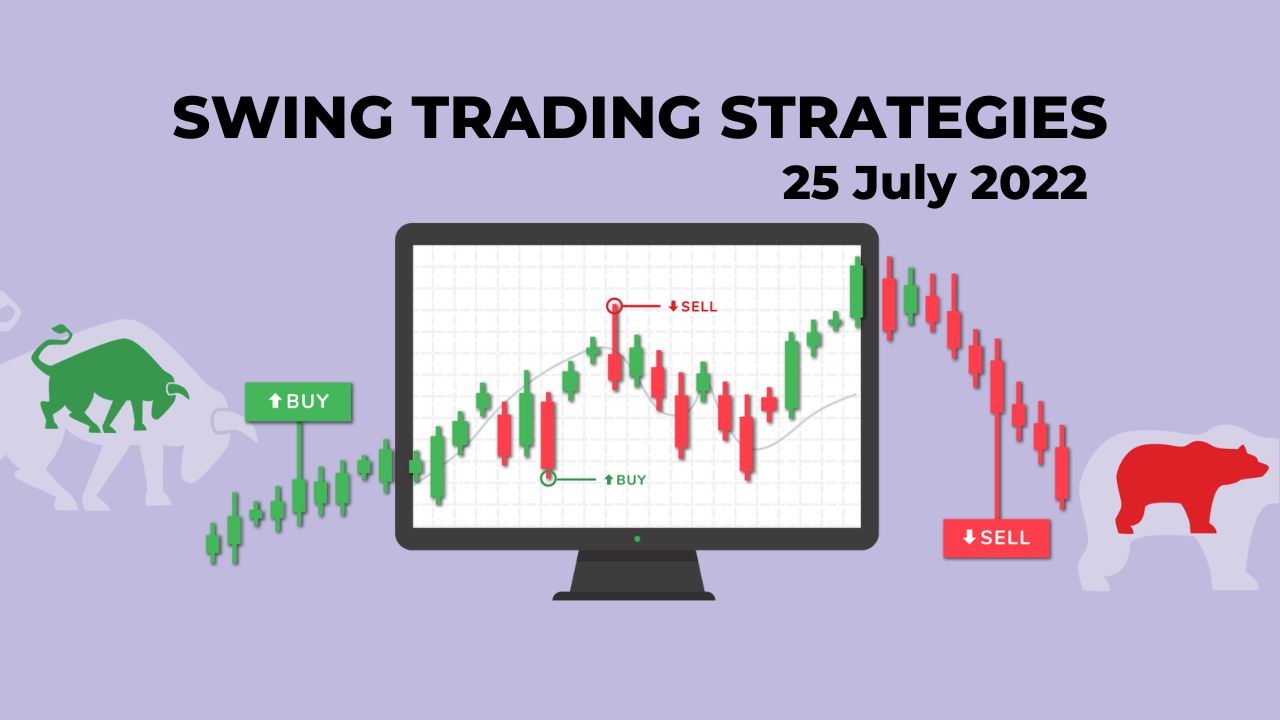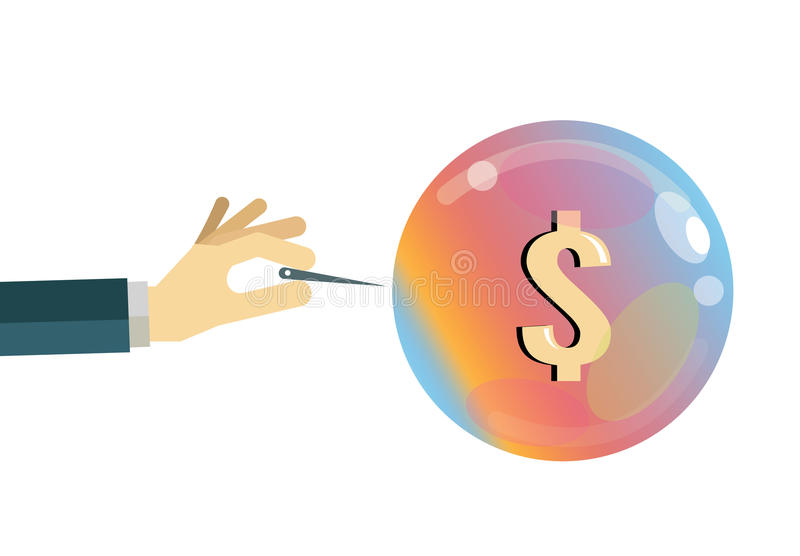
It can be a great way to get global investment opportunities by investing in emerging markets bond funds. These funds have risks that are different from other investments. These risks include currency fluctuations, political instability and economic risks. In addition, they can also increase the risk of short-term capital losses.
Emerging markets bond funds invest in foreign-denominated sovereign debt. These funds can be subject to greater volatility in prices and liquidity due to their less-regulated securities markets. These funds have unique risks, such as credit risk and currency exchange risk.
The JPMorgan EMBI Global Diversified Index is a market-capitalization-weighted index that tracks debt instruments issued by sovereign entities. The index includes local-currency sovereigns debt and Eurobonds.

In the past six weeks, the Bloomberg Barclays Emerging Markets USD AGgregate bond Index has lost 1.3%. This is due in part to the continued weakness in eurozone as also to the spread Ebola in west Africa. This has led investors to abandon emerging market bonds and risk assets. Some commentators believe that the recent correction has made emerging market debt more appealing than ever before.
Harding Loevner Institutional Emerging Markets Fund, which has had success in incorporating emerging countries into its portfolio, is an example of a fund that has been successful. Although it comes with a higher level of risk than its Morningstar peers, it still offers higher returns. Additionally, at least half the assets of the managers are held in corporate bonds.
The iShares JPMorgan USD Emerging Markets Bond is another fund worth considering. This fund tracks a collection of US dollar-denominated debt instruments in emerging markets, except for Venezuelan sovereign. It also holds defaulted debt. However, the Venezuelan debt portion of its allocation is quite low. However, the fund could also hold restructured bonds and other issues. Investors can choose from a variety of investment options, at low cost.
Emerging markets bond fund are a good way for diversifying your portfolio in the long-term. Investors should consider the inherent risks involved in investing in bonds. This includes currency fluctuations and issuer default risk. These risks may also have an impact on the sector or industry the fund is investing in. This is especially true for bonds issued by foreign governments.

Emerging markets bonds funds are best used as a supporting asset to a balanced portfolio. There are many emerging markets bond ETFs available that offer strong liquidity and nuanced bonds. They are typically cheaper than many emerging market bond mutual funds and may be an economical alternative to individual securities.
FAQ
Why is a stock called security.
Security is an investment instrument that's value depends on another company. It may be issued either by a corporation (e.g. stocks), government (e.g. bond), or any other entity (e.g. preferred stock). If the underlying asset loses its value, the issuer may promise to pay dividends to shareholders or repay creditors' debt obligations.
What is the difference?
Brokers are specialists in the sale and purchase of stocks and other securities for individuals and companies. They take care of all the paperwork involved in the transaction.
Financial advisors are specialists in personal finance. They use their expertise to help clients plan for retirement, prepare for emergencies, and achieve financial goals.
Banks, insurance companies and other institutions may employ financial advisors. You can also find them working independently as professionals who charge a fee.
Take classes in accounting, marketing, and finance if you're looking to get a job in the financial industry. It is also important to understand the various types of investments that are available.
What is the difference between stock market and securities market?
The whole set of companies that trade shares on an exchange is called the securities market. This includes stocks, bonds, options, futures contracts, and other financial instruments. Stock markets are typically divided into primary and secondary categories. Large exchanges like the NYSE (New York Stock Exchange), or NASDAQ (National Association of Securities Dealers Automated Quotations), are primary stock markets. Secondary stock exchanges are smaller ones where investors can trade privately. These include OTC Bulletin Board Over-the-Counter, Pink Sheets, Nasdaq SmalCap Market.
Stock markets are important because it allows people to buy and sell shares in businesses. The value of shares depends on their price. New shares are issued to the public when a company goes public. These shares are issued to investors who receive dividends. Dividends are payments made to shareholders by a corporation.
Stock markets are not only a place to buy and sell, but also serve as a tool of corporate governance. Boards of Directors are elected by shareholders and oversee management. The boards ensure that managers are following ethical business practices. In the event that a board fails to carry out this function, government may intervene and replace the board.
Can you trade on the stock-market?
The answer is yes. However, not everyone is equal in this world. Some people are more skilled and knowledgeable than others. They should be recognized for their efforts.
However, there are other factors that can determine whether or not a person succeeds in trading stocks. You won't be able make any decisions based upon financial reports if you don’t know how to read them.
This is why you should learn how to read reports. It is important to understand the meaning of each number. Also, you need to understand the meaning of each number.
You'll see patterns and trends in your data if you do this. This will help to determine when you should buy or sell shares.
And if you're lucky enough, you might become rich from doing this.
How does the stock markets work?
You are purchasing ownership rights to a portion of the company when you purchase a share of stock. A shareholder has certain rights over the company. He/she has the right to vote on major resolutions and policies. He/she may demand damages compensation from the company. The employee can also sue the company if the contract is not respected.
A company cannot issue shares that are greater than its total assets minus its liabilities. It is known as capital adequacy.
A company with a high capital adequacy ratio is considered safe. Low ratios can be risky investments.
Statistics
- Our focus on Main Street investors reflects the fact that American households own $38 trillion worth of equities, more than 59 percent of the U.S. equity market either directly or indirectly through mutual funds, retirement accounts, and other investments. (sec.gov)
- Individuals with very limited financial experience are either terrified by horror stories of average investors losing 50% of their portfolio value or are beguiled by "hot tips" that bear the promise of huge rewards but seldom pay off. (investopedia.com)
- For instance, an individual or entity that owns 100,000 shares of a company with one million outstanding shares would have a 10% ownership stake. (investopedia.com)
- The S&P 500 has grown about 10.5% per year since its establishment in the 1920s. (investopedia.com)
External Links
How To
How to Trade in Stock Market
Stock trading refers to the act of buying and selling stocks or bonds, commodities, currencies, derivatives, and other securities. Trading is French for traiteur, which means that someone buys and then sells. Traders purchase and sell securities in order make money from the difference between what is paid and what they get. This is the oldest form of financial investment.
There are many ways to invest in the stock market. There are three types that you can invest in the stock market: active, passive, or hybrid. Passive investors do nothing except watch their investments grow while actively traded investors try to pick winning companies and profit from them. Hybrids combine the best of both approaches.
Index funds track broad indices, such as S&P 500 or Dow Jones Industrial Average. Passive investment is achieved through index funds. This strategy is extremely popular since it allows you to reap all the benefits of diversification while not having to take on the risk. All you have to do is relax and let your investments take care of themselves.
Active investing is about picking specific companies to analyze their performance. The factors that active investors consider include earnings growth, return of equity, debt ratios and P/E ratios, cash flow, book values, dividend payout, management, share price history, and more. They decide whether or not they want to invest in shares of the company. If they believe that the company has a low value, they will invest in shares to increase the price. They will wait for the price of the stock to fall if they believe the company has too much value.
Hybrid investing combines some aspects of both passive and active investing. Hybrid investing is a combination of active and passive investing. You may choose to track multiple stocks in a fund, but you want to also select several companies. In this case, you would put part of your portfolio into a passively managed fund and another part into a collection of actively managed funds.